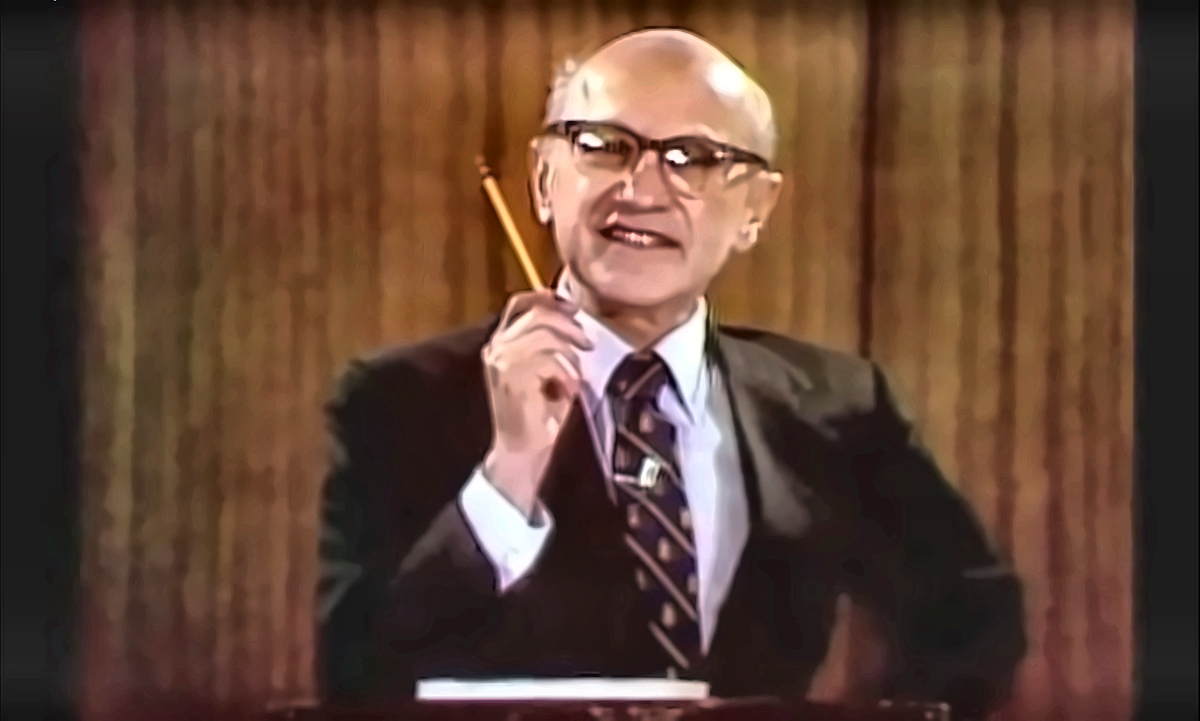
Milton Friedman’s “I, Pencil” shows how a simple pencil is born from the invisible cooperation of thousands—an elegant case for markets and free trade
A simple pencil looks ordinary, but it’s the product of worldwide cooperation. No single person knows how to make one from end to end. Cedar is cut by loggers, graphite and clay are mined and refined, rubber is processed for the eraser, brass is formed for the ferrule, paint is mixed in a lab, and ships, trains, and trucks move each piece along. None of these people need to share the same language or goals; they’re coordinated by prices and voluntary exchange. That’s the quiet miracle of markets: dispersed knowledge and incentives line up to create everyday abundance—without a central planner. The lesson? When we lower barriers to exchange and let people specialize, prosperity scales from something as small as a pencil to everything we rely on.



